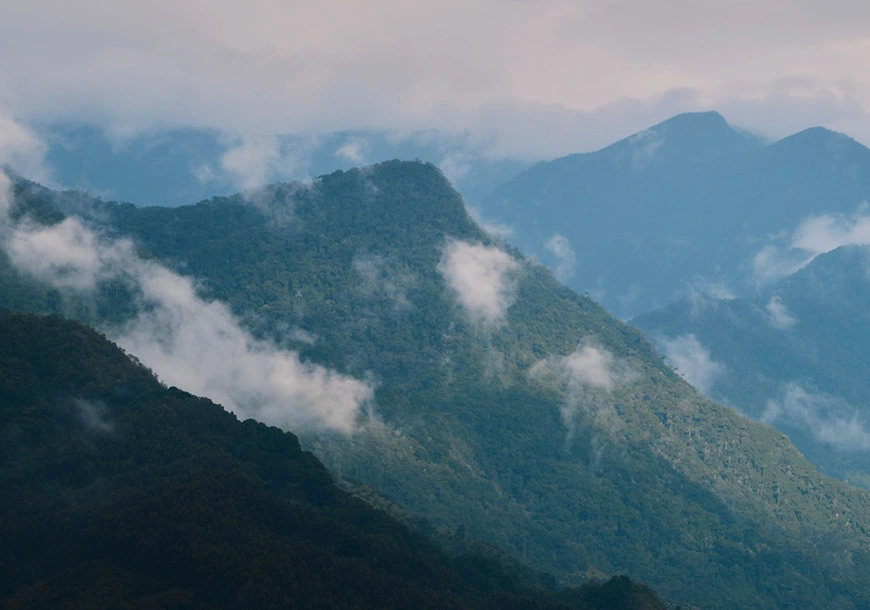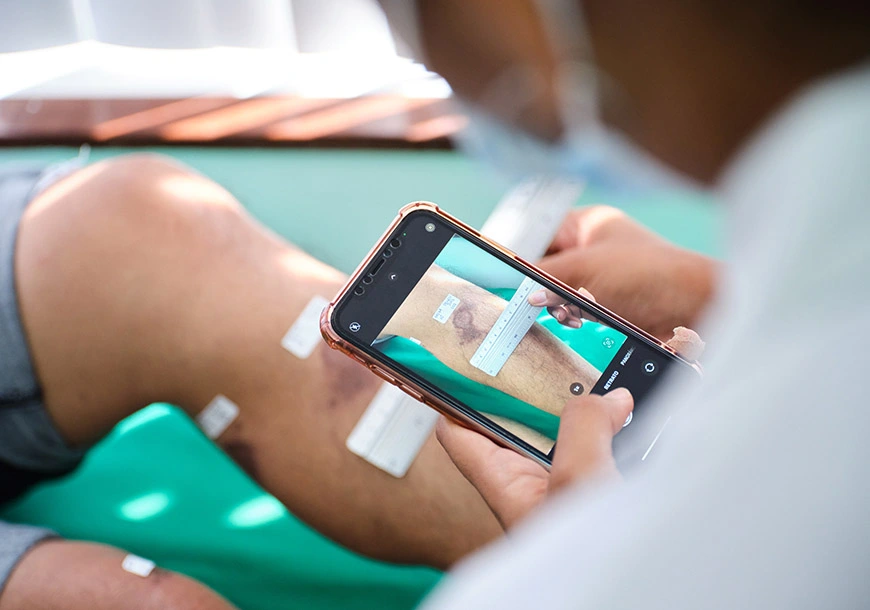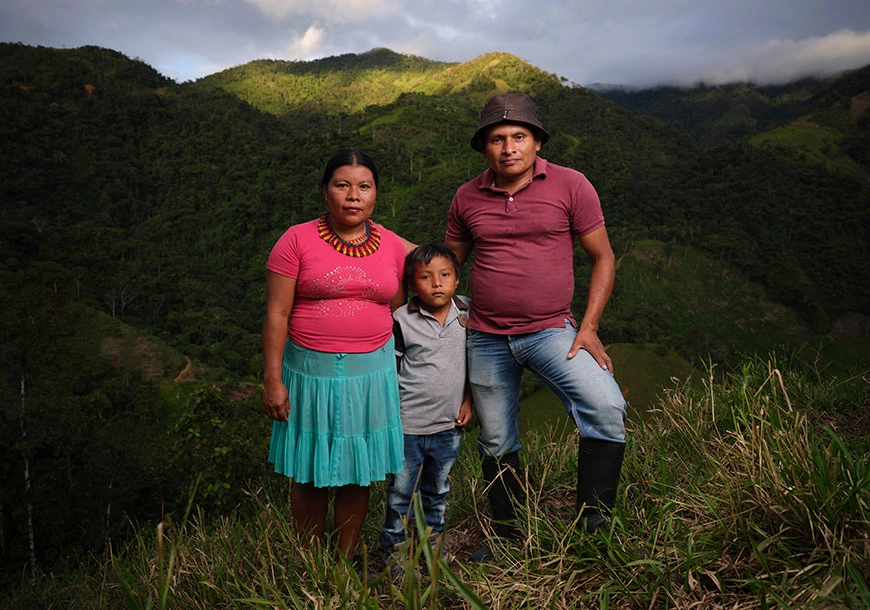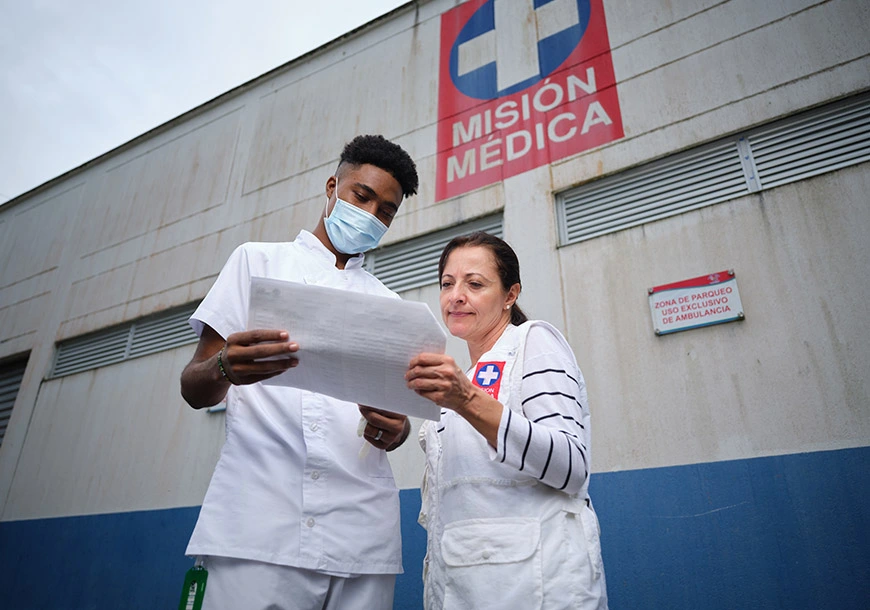

The most common method of treating CL typically requires 21 consecutive days of intramuscular injections at a hospital or clinic. Patients require close monitoring and follow-up appointments over six months. The difficult nature of these treatments and their economic impact means people often choose not to seek treatment or do not complete follow-up. Alexandra’s work focuses on developing new alternatives that can be easily and safely self-administered at home.

From her fellowship at Novartis and subsequent work in rural Colombia, Alexandra learnt that developing medicines for patients who need them most requires understanding the realities of their daily lives. “Most of the patients in my studies must walk hours to get to a clinic to receive treatment...they can’t afford to miss work or leave their children at home,” she says.

Alexandra says that partnerships between pharmaceutical companies, research centers, public health organizations and local communities are critical to develop new treatments and address the impact of neglected tropical diseases.


See here for information on Novartis efforts to develop new medicines for neglected tropical diseases, including leishmaniasis.



